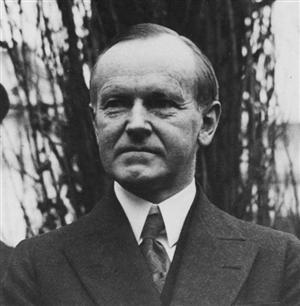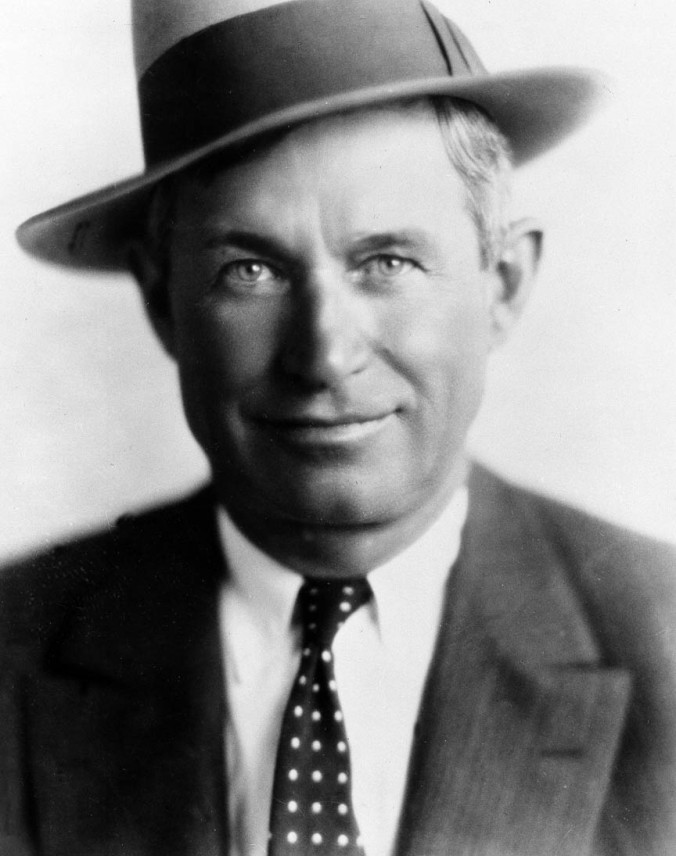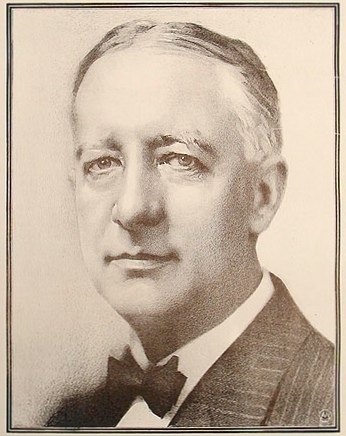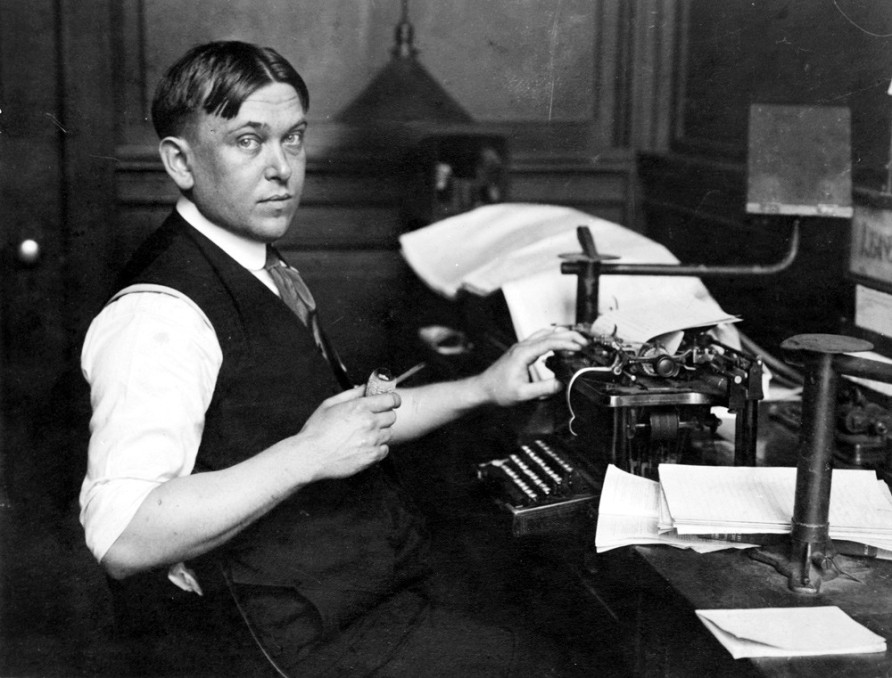Though no eulogies were uttered for Calvin Coolidge officially, a massive outpouring of voluntary tributes spread across the country in the months following his death, funeral and burial. Just as Americans had spontaneously raised him to a Vice Presidential candidacy, so now they held services, wrote editorials and considered anew the substance of Coolidge’s leadership and legacy. Three such tributes are especially worth noting not only because these three were on the opposite side of Mr. Coolidge politically, but, having studied the culture for so long, were not speaking as novices but veterans of great influence around the nation.
The first was comedian and columnist Will Rogers, who wrote on January 5,
“Mr. Coolidge, you didn’t have to die for me to throw flowers on your grave. I have told a million jokes about you but every one was based on some of your splendid qualities. You had a hold on the American people regardless of politics. They knew you were honest, economical and had a native common sense. History generally records a place for a man that is ahead of his time. But we that lived with you will always remember you because you was ‘with’ your times. By golly, you little red-headed New Englander, I liked you. You put horse sense into statesmanship and Mrs. Coolidge’s admiration for you is an American trait” (The Autobiography of Will Rogers, p.307).
The second had been a presidential candidate, in fact, Al Smith had been nominated in 1928 to run against Coolidge’s successor, President Hoover. The “Happy Warrior,” Al Smith, had served with Coolidge on more than occasion in their retirement from public service. Mr. Smith offered one of the fairest assessments of Coolidge, all the more commendable given the fact that he was a loyal and life-long Democrat. He shatters the mistaken perception of Coolidge with something far more than another cliched attempt to speak kindly of the dead. Smith was offering a sincere and honest judgment,
“I had a great liking and respect for him. Beneath a chilly, reserved, and dignified exterior, he was keen, kindly and entirely free from conceit, pompousness, and political hokum. We are often told politics in a republic produced only demagogues. Calvin Coolidge was a most successful and popular politician, but he had nothing of the demagogue in him.”
Coolidge rightly belonged “in a class of presidents who were distinguished for character more than for heroic achievements. His great task was to restore the dignity and prestige of the presidency when it had reached the lowest ebb in our history, and to afford in a time of extravagance and waste, a shining public example of the simple and honest virtues which came down to him from his New England ancestors. These are no small achievements, and history will not forget them.
“Calvin Coolidge was a salty, original character, an unmistakable home-grown, native, American product, and his was one of those typically American careers, which begin on the sidewalks, or on the farm, and prove to the youth of the nation that this is still the land of unbounded opportunity” (cited by Robert Sobel in Coolidge: An American Enigma, pp.418-9).
Finally, the third man was a critic and journalist, one who had cynically followed politics for years and who was not one to give praise to anybody, especially to the dead. Yet, of Coolidge’s legacy H. L. Mencken finally wrote, all the more timely given that F. D. R. was already a month into his New Deal program of legislation,
“We suffer most when the White House busts with ideas. With a World Saver preceding him (I count out Harding as a mere hallucination) and a Wonder Boy following him, he begins to seem, in retrospect, an extremely comfortable and even praiseworthy citizen. His failings are forgotten; the country remembers only the grateful fact that he let it alone. Well, there are worse epitaphs for a statesman. If the day ever comes when Jefferson’s warnings are heeded are last, and we reduce government to its simplest terms, it may very well happen that Cal’s bones now resting inconspicuously in the Vermont granite will come to be revered as those of a man who really did the nation some service” (H. L. Mencken, A Carnival of Buncombe, p.136).
Indeed, it may and not a moment too soon.




That H.L. Mencken had words of praise for a politician speaks volumes for that leader’s abilties. Excellent post.